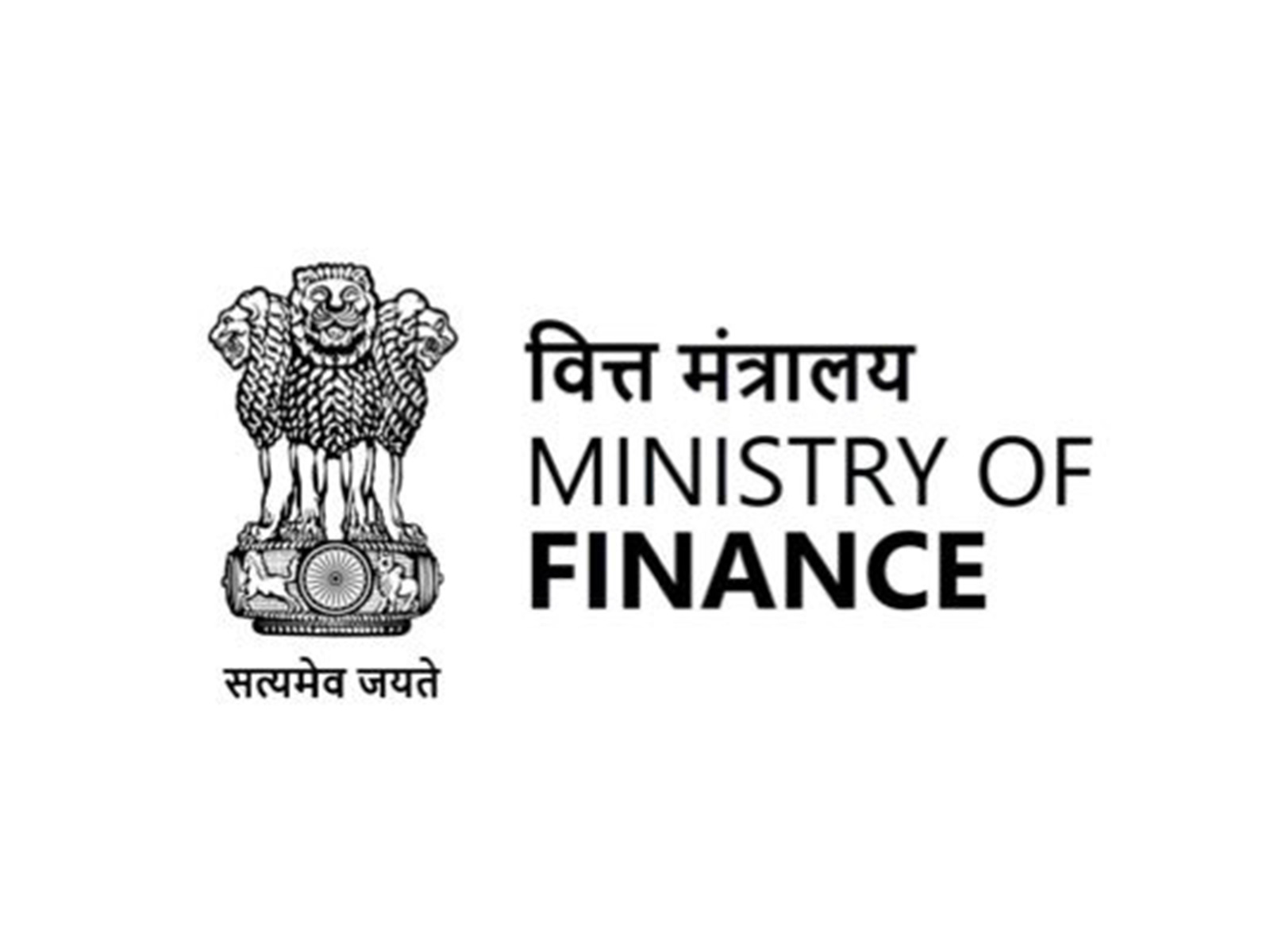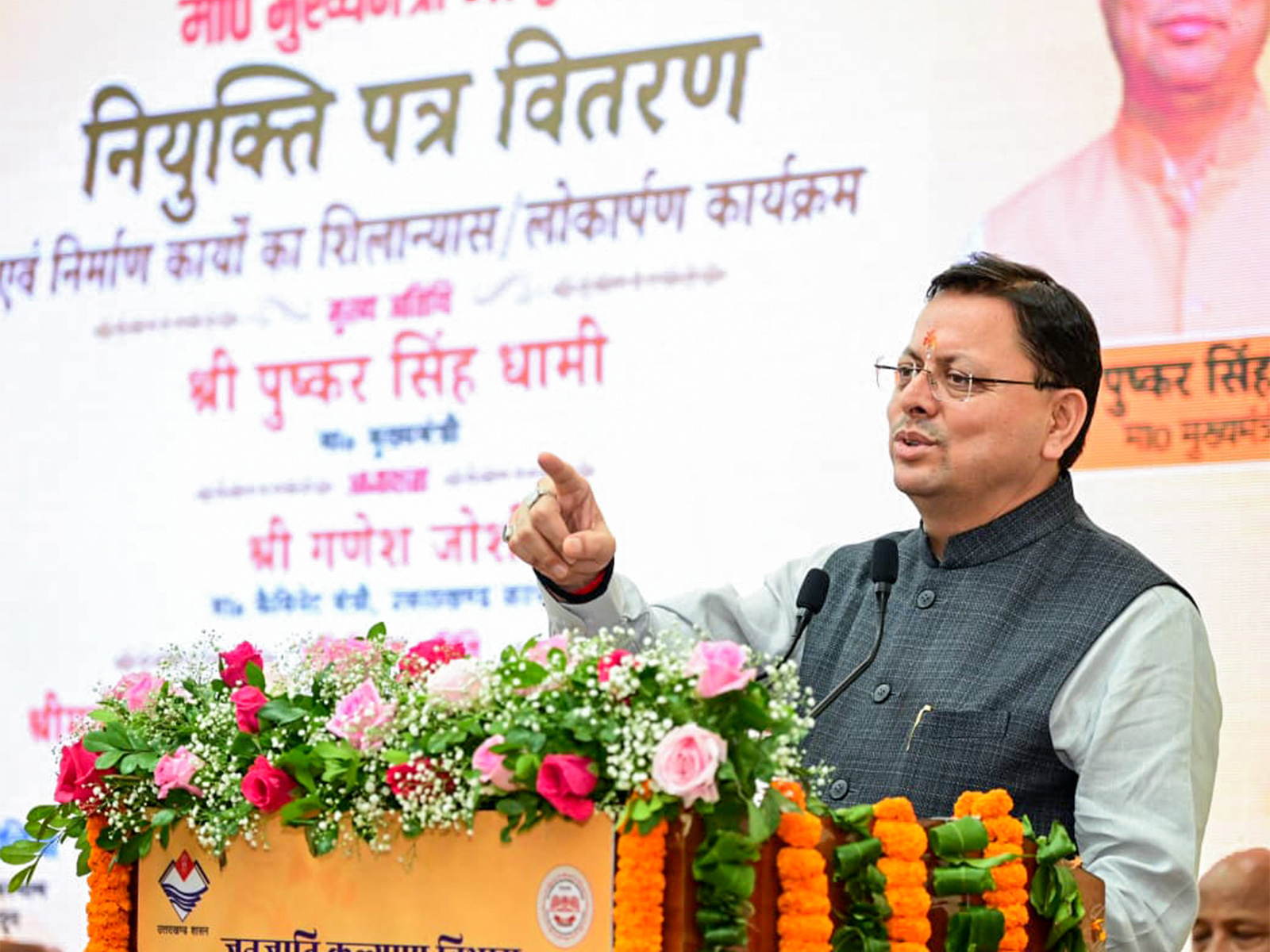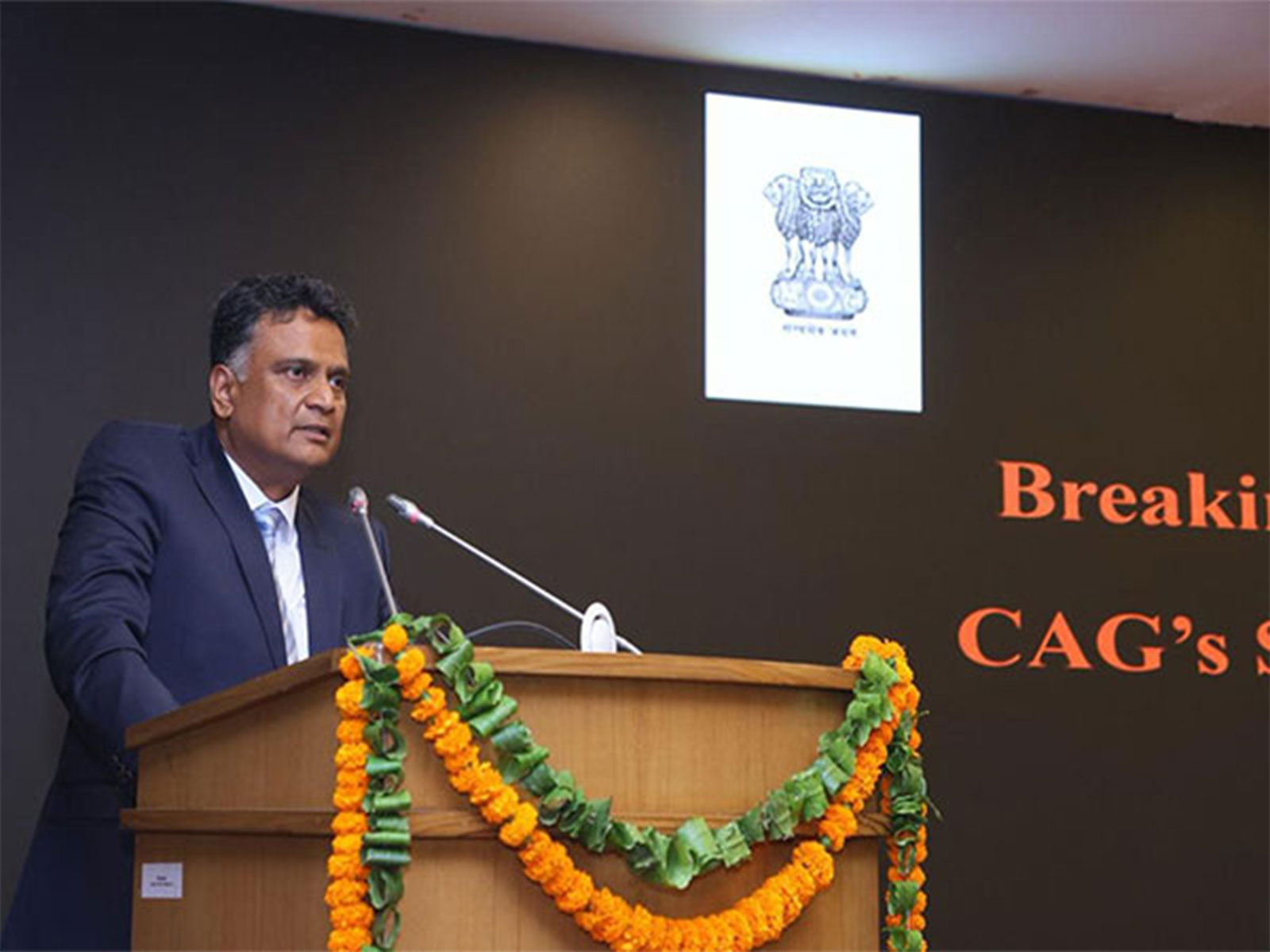
Centre announces opium cultivation policy for 2025-26; 1.21 lakh farmers to be licensed in MP, Rajasthan, UP
Sep 12, 2025
New Delhi [India], September 12 : The Union Government Friday announced the annual licensing policy for crop year 2025-26 during the Opium Crop Year from October 1, 2025, to September 30, 2026, of license for cultivation of opium poppy, for the farmers in the states of Madhya Pradesh, Rajasthan and Uttar Pradesh
According to a release from the Ministry of Finance, as per the general conditions enshrined in the policy, nearly 1.21 lakh farmers are estimated to be eligible for the grant of licenses for opium cultivation in these states.
This represents a 23.5% increase over the number of licenses actually issued in the previous crop year. The policy thus brings approximately 15,000 additional farmers into the fold, who are expected to benefit from opium cultivation this year.
The Central Government continues to ensure an adequate supply of alkaloids to meet medical and palliative care needs. Concurrently, efforts are underway to augment processing capacity through indigenous and self-reliant measures, with a view to meeting the requirements of alkaloids for the production of essential narcotic drugs.
Key features of the annual license policy include the retention of existing opium gum cultivators who have achieved an average morphine yield (MQY-M) of 4.2 kg per hectare or above.
Existing opium gum cultivators with morphine yields between 3.0 kg and 4.2 kg per hectare are now eligible to cultivate unlanced poppy straw under the Concentrate of Poppy Straw (CPS) method, with a five-year license validity.
Furthermore, the digitisation of cultivators' data since 1995-96 has enhanced inclusivity, enabling marginal farmers from previous years to access licenses by meeting the prescribed eligibility criteria and relaxed requirements.
The Government proposes to incentivise high-performing farmers, who have achieved yields of 900 kg/hectare and above of unlanced poppy straw, by offering them the option to switch to the traditional method of opium gum cultivation. This transition is intended to promote higher yields of opium from their holdings, while also serving as a positive reinforcement mechanism to reduce the risk of diversion from the field.
Simultaneously, the Government will suspend licenses for the crop year 2025-26 for farmers under CPS cultivation who did not meet the prescribed Minimum Qualifying Yield (MQY) of 800 kg/hectare during the previous crop year (2024-25).
The Government has been actively working to upgrade the capacities of its Opium and Alkaloid Factories. Notably, this year, the Government Alkaloid Factory at Neemuch has achieved WHO GMP certification.
The policy aims to strike a balance between Atmanirbharta (self-reliance) for government-regulated alkaloid units and supporting Indian pharmaceutical companies in the production of alkaloid APIs and formulations. By leveraging their technical expertise and brand credibility, the initiative aims to promote the "Make for World" vision.
























